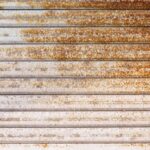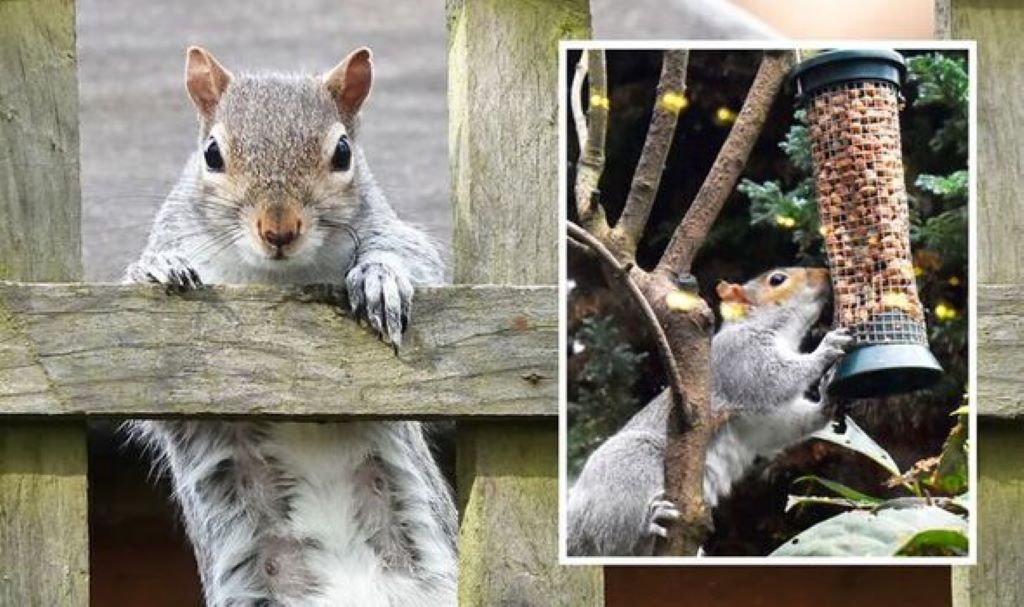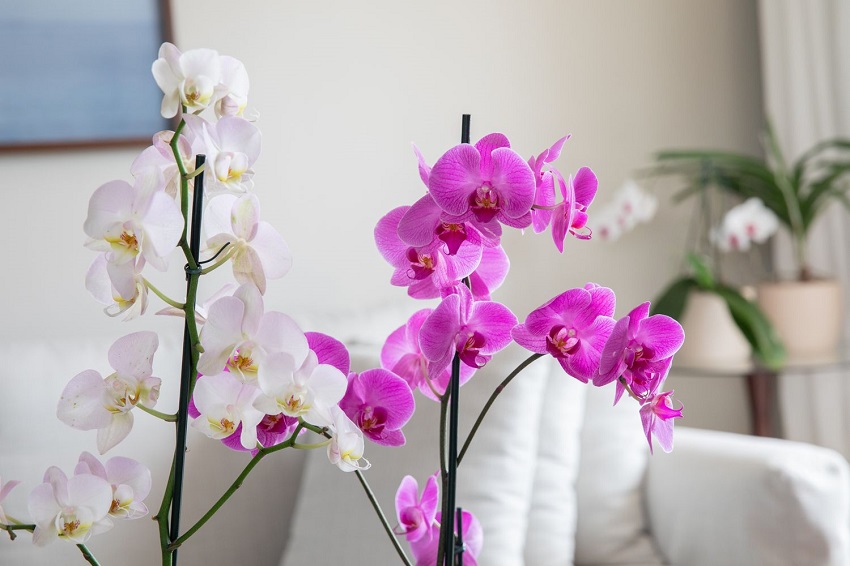From raiding bird feeders to digging up flower beds, these furry critters can quickly become a nuisance. So, how do you keep squirrels away? We will explore some effective and humane methods for squirrel control. By using natural deterrents, sealing off entry points, and implementing other preventive measures, you can protect your property and discourage squirrels from making themselves at home.
Let’s delve into some practical strategies to ensure a squirrel-free environment and restore harmony to your outdoor space.
Understanding Squirrel Repellent
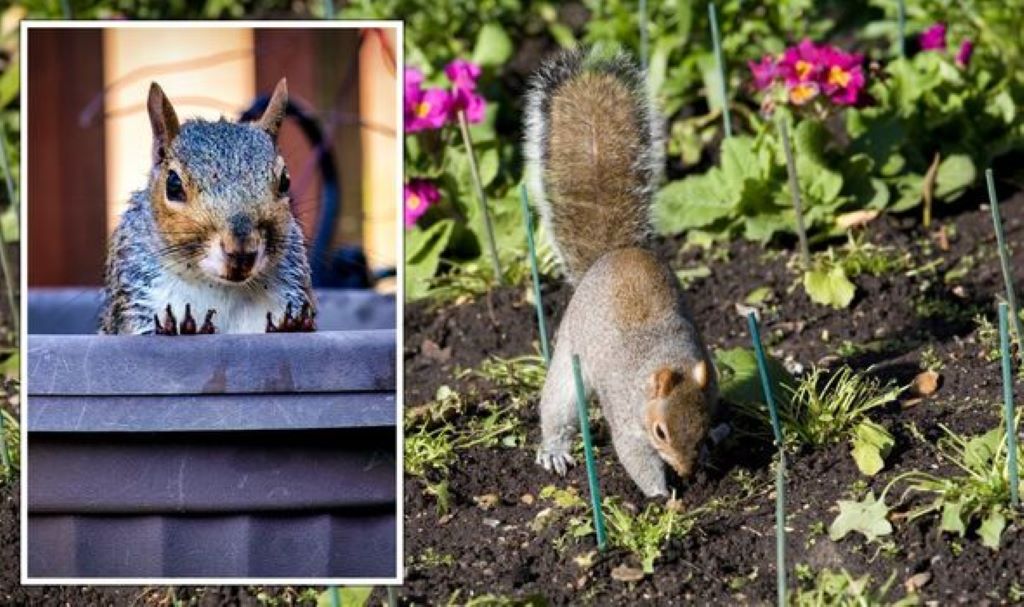
Understanding Squirrel Repellent is crucial when it comes to keeping these pesky critters away from your property, and resources like Themadething can offer valuable advice on this topic. Squirrels can cause damage to buildings, gardens, and bird feeders, so knowing how to effectively repel them is essential. One option is to use squirrel repellents, which come in both natural and commercial forms. In this section, we will explore the differences between natural and commercial repellents, as well as their pros and cons. This information will help you make an informed decision on the best way to protect your property from squirrels, whether you prefer a more natural approach or a commercial solution.
Natural Vs. Commercial Repellents
When it comes to squirrel repellents, you have two main options: natural or commercial. Natural repellents are typically made from ingredients that are safe for the environment and won’t harm squirrels or other animals. These repellents often use scents or tastes that squirrels find unpleasant, deterring them from coming near your property.
On the other hand, commercial repellents are manufactured products that are specifically designed to repel squirrels. They are formulated with chemical compounds that squirrels find offensive, making them an effective option for keeping squirrels away. Commercial repellents often come in the form of sprays or granules, which can be applied directly to areas where squirrels are a problem.
Pros And Cons
| Natural Repellents | Commercial Repellents |
| Pros | Pros |
|
|
| Cons | Cons |
|
|
Ultimately, the choice between natural and commercial squirrel repellents comes down to personal preference and the severity of your squirrel problem. If you prefer to use environmentally friendly options, natural repellents may be the way to go. However, if you are dealing with a persistent squirrel issue, commercial repellents may provide a stronger and longer-lasting solution. Consider the pros and cons of each type of repellent and choose the option that best suits your needs.
Creating An Unwelcome Environment
To deter squirrels from your property, make it unwelcoming by removing food sources and sealing off entry points. Use squirrel repellents and install physical barriers like fences and netting. Keep trees trimmed and eliminate bird feeders to discourage their presence.
Regularly inspect your property to ensure it remains squirrel-proof.
Creating an Unwelcome Environment for squirrels can be a key strategy in deterring these pesky little creatures from wreaking havoc on your garden and causing damage to your property. If you want to keep them away, one effective method is to create an environment that discourages their presence. While considering what attracts squirrels, such as the common question of can squirrels eat bread, can inform your strategy, focusing on safe home remedies and making behavioral modifications are crucial steps. By removing or securing food sources, such as bread, and implementing other deterrents, you can effectively discourage squirrels from invading your space. In this section, we’ll explore these strategies in detail, providing practical solutions to create an environment that is less inviting to squirrels.
Safe Home Remedies
When it comes to keeping squirrels away, there are a few safe home remedies that you can try. These remedies won’t cause harm to the squirrels or the environment, making them a humane option. Here are some effective remedies to consider:
- Use strong-smelling substances: Squirrels have a strong sense of smell, so using scents that they find repulsive can help deter them. Peppermint oil, cayenne pepper, and vinegar are all known to be displeasing to squirrels. Simply soak cotton balls in these substances and place them strategically around your garden or in areas where squirrels tend to frequent.
- Plant squirrel-repellent plants: Certain plants have natural properties that squirrels find unappealing. Daffodils, hyacinths, and marigolds are all excellent choices to keep squirrels at bay. Additionally, planting these colorful flowers adds a beautiful touch to your garden.
- Install motion-activated sprinklers: Squirrels are not fans of surprises, so installing motion-activated sprinklers can be an effective deterrent. When the sprinklers sense movement, they release bursts of water, scaring away the unwanted visitors.
- Secure your garbage bins: Squirrels are always on the lookout for food sources, and your garbage bins can be a treasure trove for them. Make sure your bins are tightly sealed and consider using bungee cords or weights to prevent squirrels from opening them.
Behavioral Modifications
In addition to using safe home remedies, making some behavioral modifications can go a long way in keeping squirrels away. By disrupting their routines and making your property less enticing, you can discourage squirrels from making themselves at home. Here are a few behavioral modifications to consider:
- Remove bird feeders: While bird feeders can attract beautiful birds to your yard, they also attract squirrels. If squirrels are a nuisance, it’s best to remove the feeders or place them far away from trees or structures that squirrels can use as launching pads.
- Trim tree branches: Squirrels are excellent climbers and can easily access your property by jumping from nearby trees. By trimming tree branches that are close to your house or any structures, you eliminate their easy access points.
- Seal entry points: Squirrels can squeeze through surprisingly small openings, so it’s essential to seal any entry points on your property. Check for gaps in your attic, walls, or utility lines and seal them with caulk or wire mesh.
- Cover exposed wiring: Squirrels have a habit of chewing on wires, which can lead to electrical problems and potential fire hazards. To prevent this, cover any exposed wiring with a protective conduit or tubing.
By implementing safe home remedies and making behavioral modifications, you can create an unwelcome environment for squirrels. These strategies are effective, humane, and environmentally friendly ways of keeping these furry intruders at bay. So, try out these methods and enjoy a squirrel-free property!
Physical Barriers And Deterrents
Physical barriers and deterrents are effective ways to keep squirrels away from your property without causing them harm. By utilizing various methods, you can create a squirrel-proof environment for your home and garden. From using mesh and netting to incorporating repellent plants, there are several strategies to implement.
Using Mesh And Netting
You can utilize mesh and netting to physically block squirrels from accessing certain areas. Creating barriers around vulnerable spots, such as garden beds or bird feeders, can effectively deter these critters. Ensure the mesh or netting is securely fastened to prevent squirrels from gnawing through or accessing the protected area.
Repellent Plants
Incorporating repellent plants in your garden can help discourage squirrels from entering the area. Certain plants, such as daffodils, hyacinths, and alliums, emit scents that squirrels find unappealing. By strategically planting these deterrents, you can create a natural barrier that deters squirrels while adding beauty to your garden.
Implementing Sound And Motion Devices
Implementing sound and motion devices is an effective way to deter squirrels from accessing your property. These devices utilize ultrasonic repellents and scarecrow tactics to make your space less appealing to these furry creatures.
Ultrasonic Repellents
Ultrasonic repellents emit high-frequency sounds that are inaudible to humans but annoying to squirrels. These devices work by creating a hostile environment for squirrels, making them feel uncomfortable and unwelcome. By strategically placing ultrasonic repellents around your property, you can discourage squirrels from entering your yard, garden, or attic.
- Ultrasonic repellents operate on batteries or electricity.
- Place the devices in areas where squirrels are commonly seen.
- Keep in mind that ultrasonic repellents have effective ranges, so consider the size of your space when determining the number of devices needed.
Scarecrow Tactics
Scarecrow tactics use motion and visual stimuli to startle and scare away squirrels. These devices mimic natural predators or create sudden movements, making squirrels believe that danger is nearby. This frightens them and encourages them to seek a safer location away from your property.
- Motion-activated sprinklers can be used to deter squirrels from specific areas such as gardens or bird feeders.
- Visual deterrents like fake owls or snakes simulate natural predators and can be placed strategically to intimidate squirrels and deter them from your property.
- Wind chimes and spinning reflectors add movement and noise that can make squirrels uneasy and discourage them from lingering.
Professional Intervention And Removal
If you’ve tried all the DIY methods to keep squirrels away from your property and nothing seems to be working, it may be time to seek professional help. Professional wildlife control experts are trained in dealing with squirrel infestations and can provide effective solutions to keep these critters at bay. In this section, we will explore two main aspects of professional intervention and removal – hiring a wildlife control expert and trapping and relocation..
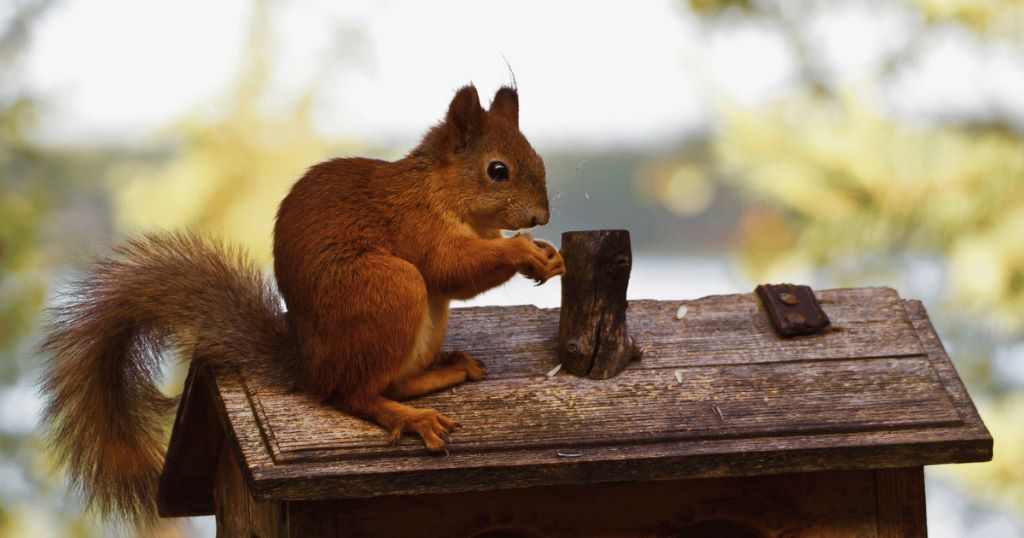
Hiring A Wildlife Control Expert
When it comes to dealing with stubborn squirrel problems, hiring a wildlife control expert can be your best bet. These professionals have the knowledge, experience, and specialized tools required to eliminate squirrel infestations safely and effectively. Here are some key reasons why you should consider bringing in the experts:
- Expertise: Wildlife control experts are well-versed in squirrel behavior and know the most effective techniques to keep them away. They can accurately assess the extent of the infestation and develop a customized plan to address your specific problem.
- Safe Removal: Squirrels can carry diseases and may become aggressive when cornered or threatened. A professional will handle the removal process safely to prevent any harm to you or the squirrels.
- Long-Term Solutions: Instead of simply getting rid of the squirrels temporarily, a wildlife control expert will focus on implementing long-term solutions to prevent future infestations. They can identify and seal off potential entry points to make sure these pesky critters stay out for good.
Trapping And Relocation
In some cases, trapping and relocation may be necessary to eliminate a squirrel problem. This method involves capturing squirrels and releasing them into a more suitable habitat far away from your property. Here’s what you need to know about trapping and relocation:
- Effective Technique: Trapping and relocating squirrels can be an effective way to remove them from your premises. Wildlife control experts will strategically place traps in areas where squirrels are active and ensure the animals are safely captured.
- Humane Approach: Trained professionals prioritize the safety and well-being of the captured squirrels. They will make sure the animals are relocated to an environment where they can thrive without causing any harm.
- Legal Compliance: It’s important to note that trapping and relocating squirrels may require permits or compliance with local wildlife regulations. Wildlife control experts are familiar with these legalities and will handle the process lawfully.
By seeking professional intervention and removal services, you can effectively tackle squirrel infestations and ensure a squirrel-free environment for the long term.
Frequently Asked Questions For How To Keep Squirrels Away
How To Keep Squirrels Away From Your Garden?
To keep squirrels away from your garden, consider using squirrel repellents such as mothballs or ammonia-soaked rags. You can also install motion-activated sprinklers or bird feeders that are squirrel-proof. Another option is to plant squirrel-resistant plants or install mesh wire fences to protect your garden.
Regularly cleaning up fallen fruits or nuts can also deter squirrels from your garden.
What Are Some Natural Ways To Deter Squirrels?
There are several natural ways to deter squirrels from your property. You can use spices such as cayenne pepper or garlic powder as squirrel repellents. Squirrels dislike the strong scent of these spices. Another natural deterrent is planting peppermint or mint plants near areas frequented by squirrels.
These plants have a strong odor that squirrels find unpleasant.
How Do Ultrasonic Squirrel Repellents Work?
Ultrasonic squirrel repellents emit high-frequency sound waves that are only audible to squirrels and other small animals. These sounds irritate squirrels and create an uncomfortable environment for them, encouraging them to leave the area. Ultrasonic squirrel repellents are non-toxic and safe for use around humans and pets.
They provide a humane and effective way to keep squirrels away.
Conclusion
Implementing effective squirrel deterrents can help ensure the safety of your garden. When considering the best Central Florida trees to plant in your garden, it’s crucial to also think about keeping squirrels away. By using natural repellents, sealing off entry points, and removing potential food sources, you can ensure these trees thrive without the threat of pesky critters. Remember to regularly maintain these efforts to create a squirrel-free environment in your outdoor spaces.






